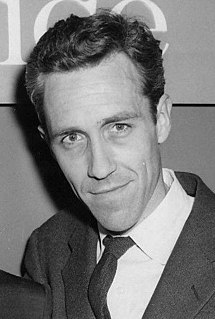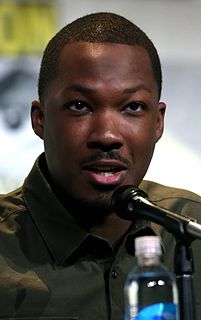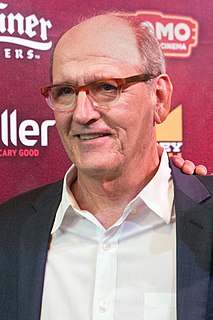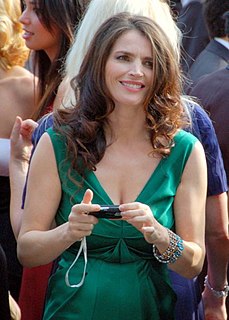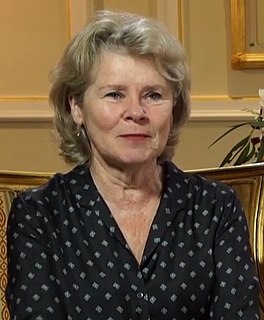A Quote by Jason Robards
An actor doesn't change thought, theme, or mood unless the character does, and the character only does it within the words of the play.
Related Quotes
What does Macbeth want? What does Shakespeare want? What does Othello want? What does James want? What does Arthur Miller want when he wrote? Those things you incorporate and create in the character, and then you step back and you create it. It always must begin with the point of truth within yourself.
The philosophical underpinnings of my approach to acting are that there are universal human qualities, and that every character is actually available within each one of us, that if we tap down into that universal humanness, we can find whatever character it is that we need to play already there within ourselves, and it's just a matter of peeling apart the onion that is you and finding that character within you, because of this universal human quality.
Does character develop over time? In novels, of course it does: otherwise there wouldn't be much of a story. But in life? I sometimes wonder. Our attitudes and opinions change, we develop new habits and eccentricities; but that's something different, more like decoration. Perhaps character resembles intelligence, except that character peaks a little later: between twenty and thirty, say. And after that, we're just stuck with what we've got. We're on our own. If so, that would explain a lot of lives, wouldn't it? And also - if this isn't too grand a word - our tragedy.
Whatever character you play, whatever film it is, whatever story it is, for me, in my training it's always something that gives you a layered character, it's understanding the secret of that character, and so whatever comes up as "Oh, I thought that person was that," you are always carrying that within you. So actually what you're playing all the way through is both and it's just what comes out in the scene or the circumstance.
